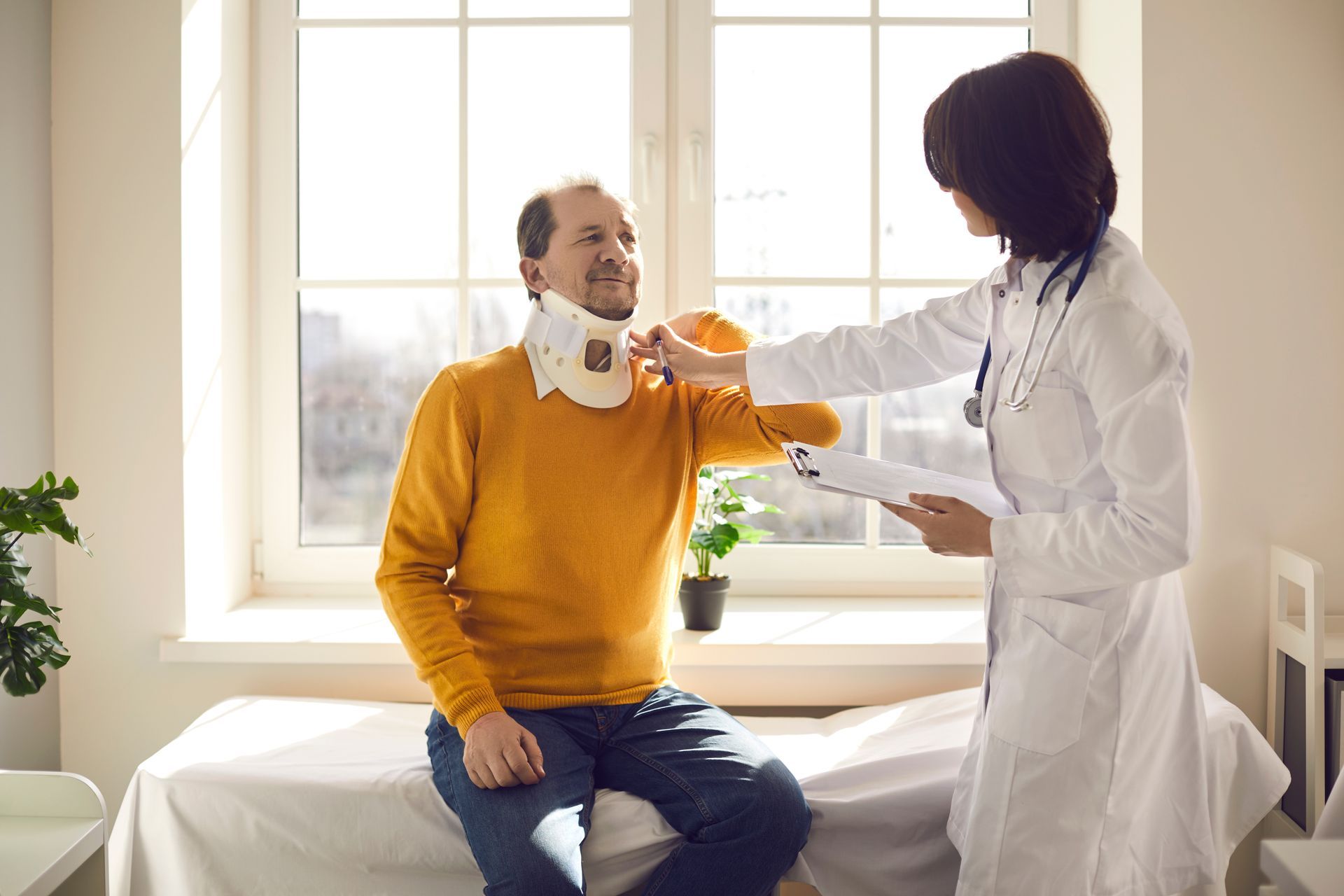Medical errors are a common concern in healthcare, but not all mistakes qualify as medical malpractice. While some errors result from negligence and can lead to legal claims, others may be unavoidable or within the acceptable standard of care. Understanding the distinction between a medical mistake and malpractice is crucial for patients considering legal action.
Learn More About Medical Malpractice in Louisiana
What Is a Medical Error?
A medical error occurs when a healthcare provider makes a mistake in diagnosis, treatment, medication, or aftercare. Some errors cause no harm, while others can lead to serious complications. Examples include:
- Misdiagnosis or Delayed Diagnosis
- Surgical Mistakes (e.g., wrong-site surgery)
- Medication Errors (wrong dosage or drug)
- Anesthesia Errors
- Failure to Properly Monitor a Patient
While these mistakes can be devastating, they do not automatically constitute medical malpractice under Louisiana law.
When Does a Medical Error Become Malpractice?
For a medical error to be classified as malpractice, it must meet specific legal criteria. In Louisiana, a patient must prove the following four elements:
- Doctor-Patient Relationship – The provider had a duty to care for the patient.
- Breach of Standard of Care – The provider failed to act as a reasonably competent professional would under similar circumstances.
- Causation – The error directly caused the patient harm.
- Damages – The patient suffered measurable harm, such as additional medical expenses, disability, or pain and suffering.
Not All Medical Errors Are Considered Malpractice
Some medical errors may not qualify as malpractice due to the following reasons:
1. Complications vs. Negligence
Certain medical procedures carry inherent risks, and complications can arise even when a provider follows the correct standard of care. For example, a patient might develop an infection after surgery despite the surgeon taking all necessary precautions. In such cases, no malpractice has occurred.
2. Reasonable Judgment Calls
Doctors often have to make quick decisions based on the information available at the time. If a physician makes a reasonable judgment that later turns out to be incorrect, it may not be considered negligence. For instance, a doctor may prescribe a treatment that doesn’t work, but if it was a reasonable choice based on symptoms, it wouldn’t be malpractice.
3. Systemic Issues and Hospital Errors
Some errors result from systemic problems rather than individual negligence. Issues like understaffing, poor communication, or defective medical equipment may contribute to mistakes. In these cases, liability may fall on the hospital or healthcare system rather than an individual provider.
Determine If You Have a Malpractice Case In Louisiana
If you believe you have suffered due to a medical error, the best course of action is to consult a medical malpractice attorney. A legal professional can:
- Review your medical records
- Determine if negligence occurred
- Work with medical experts to establish malpractice
- Help you navigate Louisiana’s Medical Review Panel process
If you or a loved one has suffered due to a suspected medical error, you may be entitled to compensation. Contact an experienced Louisiana medical malpractice attorney today for a free consultation to discuss your case.



